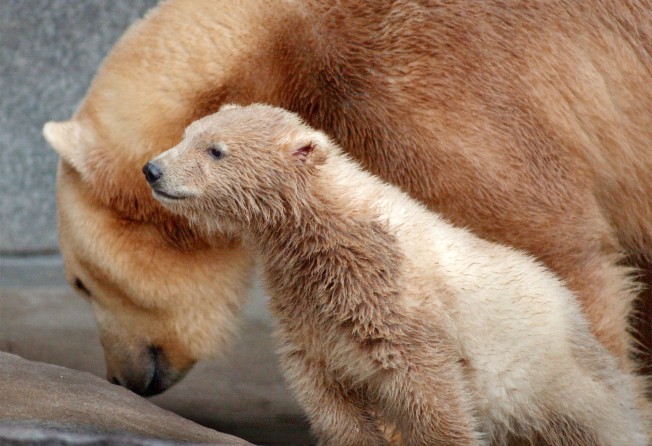Extreme heat and cold muddy scientists' climate change message

A record-breaking chill sweeping North America this week that was so cold a zoo in Chicago had to put its polar bear indoors has prompted inevitable questions about climate change. As temperatures fell to dangerous levels, in some cases even lower than on the surface of Mars, media commentators and posters on internet forums were wondering how the weather could be so cold if the world is supposed to be warming. New York tycoon Donald Trump spoke for many when he tweeted that a scientific research ship that had been trapped by unexpectedly thick Antarctic ice was proof that global warming was a lie. But Australians experiencing their hottest ever summer beg to differ, as do scientists who warn that we should not confuse weather and climate.
The North American space agency Nasa defines weather as "conditions of the atmosphere ... over a short period of time". That was what the deadly cold that killed at least 21 people and disrupted hundreds of flights across North America was; a rare phenomenon known as a polar vortex that for several days brought frigid air from the Arctic. Most climate scientists contend that no single weather event can be linked to climate change. The extreme high temperatures in Australia, where meteorologists have had to add new colours to their heat maps, fall into the same category.
Provisional research by the World Meteorological Organisation puts last year as the seventh hottest globally since records began in 1850. More greenhouse gases in the atmosphere meant a warmer future and increasingly severe weather was inevitable, it said, highlighting Super Typhoon Haiyan, the strongest storm ever recorded when it hit the Philippines last November. Rising sea levels resulting from the melting of polar ice are believed to increase the risk of such extreme events. People affected by freezing conditions, and climate change sceptics, ignore such trends when temperatures plummet. The confusion is an added challenge for officials trying to develop policies to keep temperatures in check.